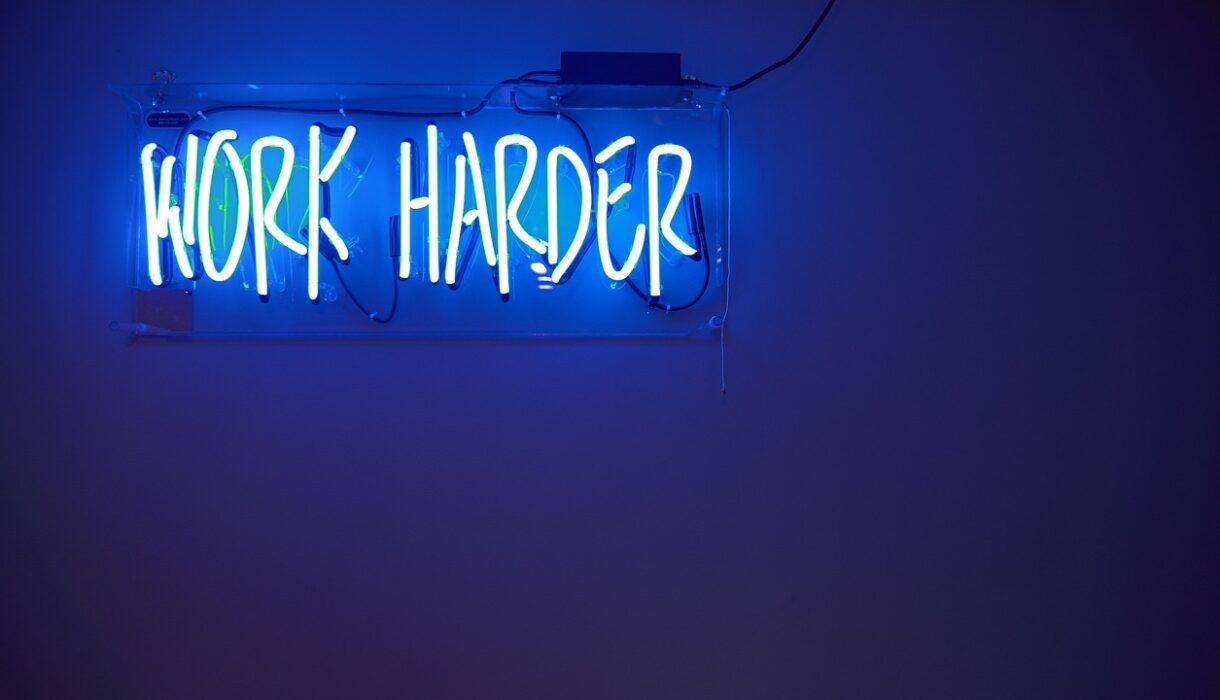
Does Blue Light Really Ruin Your Sleep and Your Brain?
Posted in :
You’ve probably heard it before: “Don’t use your phone before bed—it’s bad for your sleep.” But is it really the light from screens that’s harming us? And could something as invisible as blue light actually affect your brain?
In a world filled with screens—smartphones, tablets, laptops, LED lights—it’s time to ask:
Does blue light really ruin your sleep… and even your brain?
Let’s dig into the science, separate hype from truth, and explore how to protect your health in a screen-heavy world.
What Is Blue Light, Exactly?
Blue light is part of the visible light spectrum, with short wavelengths and high energy. It’s naturally emitted by the sun, but also by digital screens, LED lighting, and fluorescent bulbs.
Not all blue light is bad—during the day, it’s actually beneficial. It:
Boosts alertness
Enhances mood
Regulates your circadian rhythm (your internal sleep-wake cycle)
But when we’re exposed to too much blue light at night, things start to go wrong.
How Blue Light Affects Your Sleep
Your body runs on a natural rhythm called the circadian clock, which tells you when to be awake and when to sleep. A key player in this system is melatonin—a hormone your body releases in the evening to help you wind down.
Here’s the problem:
Blue light suppresses melatonin production.
When you stare at a screen late at night, especially without any filters or dimming, your brain thinks it’s still daytime. As a result:
Melatonin is delayed
You fall asleep later
Sleep quality decreases
Research from Harvard Medical School found that blue light exposure suppressed melatonin twice as long as green light and shifted circadian rhythms by up to 3 hours.
Can Blue Light Affect Your Brain Long-Term?
Emerging research suggests that chronic sleep disruption (like the kind caused by regular nighttime screen exposure) may have deeper neurological effects.
Here’s what scientists are exploring:
Memory & Learning: Poor sleep affects memory consolidation and cognitive function.
Mood Disorders: Insufficient or irregular sleep is strongly linked to depression and anxiety.
Neurodegenerative Risk: Chronic circadian disruption has been associated with a higher risk of conditions like Alzheimer’s disease—although more research is needed to confirm direct links.
Importantly, it’s not the blue light alone damaging the brain—but the sleep loss and circadian disruption it causes.
How Much Blue Light Is Too Much?
Most experts agree that moderate daytime exposure to blue light is not harmful—in fact, it’s healthy. The issue arises with extended exposure at night, particularly:
Within 1–2 hours before bed
While using high-brightness screens
In dark environments, like a bedroom
How to Protect Your Sleep and Brain from Blue Light
You don’t need to eliminate screens from your life—but you can make smarter choices:
1. Use Night Mode or Blue Light Filters
Most devices have built-in settings like:
Night Shift (Apple)
Night Light (Windows)
Blue Light Filter (Android)
These settings reduce blue light and warm up your screen tones at night.
2. Wear Blue Light Blocking Glasses
These glasses filter out blue wavelengths. Some studies suggest they can improve sleep quality when worn in the evening.
3. Limit Screens Before Bed
Aim to avoid screens at least 60 minutes before bedtime. Instead, opt for:
Reading a physical book
Journaling
Light stretching or meditation
4. Get Natural Light During the Day
Bright daylight exposure early in the morning helps reset your body clock, making it easier to fall asleep at night.
5. Dim Indoor Lighting After Sunset
Switch to warmer, dimmer lights in the evening. Consider smart bulbs or lamps that mimic natural dusk lighting.
So—does blue light ruin your sleep and your brain?
The answer is yes, potentially—if you’re exposed to it at the wrong time.
Blue light at night can disrupt your natural sleep-wake cycle, impair melatonin production, and lead to poor sleep quality. Over time, chronic sleep disruption may take a toll on brain function, mood, and even long-term cognitive health.
But with a few conscious changes, you can enjoy your tech without sacrificing your health. The goal isn’t to fear blue light—but to respect your body’s need for rhythm and rest.


